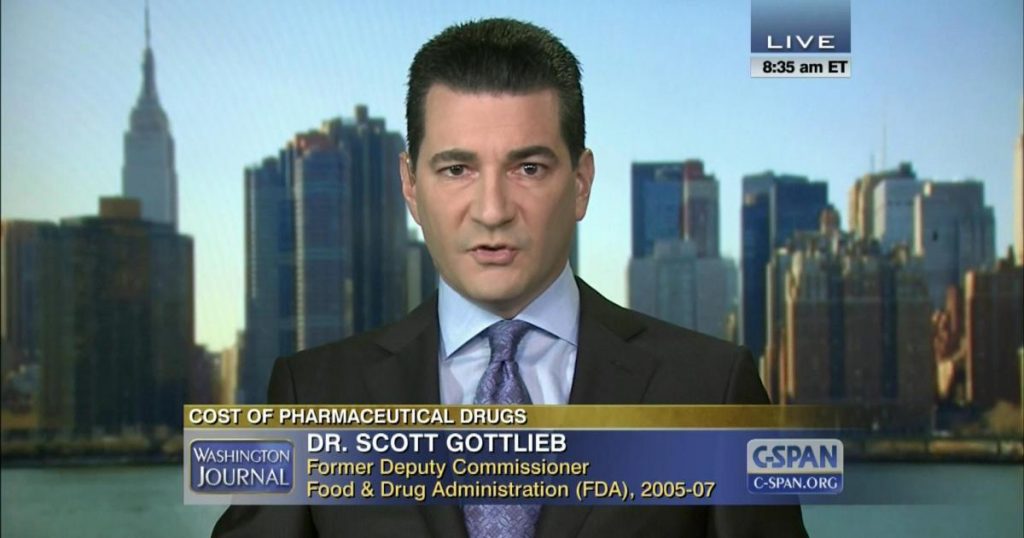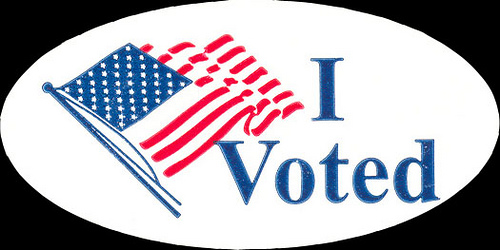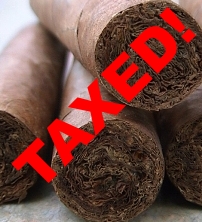Cigar News: Cigar Trade Groups Back Trump’s Pick to Head FDA
15 Mar 2017

On Friday, numerous news reports indicated President Trump intends to nominate Scott Gottlieb to head the FDA. Gottlieb, a doctor, worked at the FDA during President George W. Bush’s administration in deputy roles and is a fellow with the conservative American Enterprise Institute.
Since the FDA was granted authority to regulate tobacco in 2009, and in 2014 moved to exercise its authority to regulate cigars, the position of FDA commissioner has taken increasing importance to the handmade cigar industry. Opponents of Gottlieb are expected to highlight his ties to the the pharmaceutical industry, though his criticisms of the FDA’s oversight of tobacco are also likely to become an issue during his confirmation hearings.
Gottlieb has been critical of the FDA’s authority to regulate tobacco products. In a Forbes.com article, he wrote the following regarding the “faustian” bargain behind FDA cigar regulation:
It always seemed a naïve aspiration—that FDA would ever sanction such products—and even more uncertain that the anti-tobacco crowd would let this paradigm advance. Now, each side’s ambitions (and the law’s spirit) are being tested.
The tobacco industry’s critics are trying to impede a critical first step that FDA must take in creating that new regulatory architecture. The ability to fulfill all of the law’s goals is on the line.
Proponents of the legislation, after all, admittedly supported it as a vehicle to squeeze tobacco firms under the weight of FDA regulation. Their stated aim was always the dismantling these firms.
In an Associated Press article about the bill that authorized the FDA to regulate tobacco products, Gottlieb was quoted criticizing the bill as undermining the FDA’s primary mission: “I believe it’s going to gut the agency’s resources and distract it from its core mission.”
Specifically on cigars, a New York Post op-ed by Gottlieb regarding FDA cigar regulation and its potential impact on the 2012 election has recieved much attention. In it, he wrote:
About 85,000 Americans work in the premium-cigar business, according to the industry’s main trade group. Many of these jobs would be in jeopardy if the FDA’s regulations went forward. About 75 percent of the domestic importers and producers of cigars are located in Florida, where it’s a $2 billion-a-year industry…
Whatever the FDA does, the fight reveals a broader trend of expanding the scope of regulation to cover areas never envisioned by Congress.
Regulators often prefer to enlarge their jurisdiction rather than tend to their chief obligations. Agencies like the FDA thus divert their attention from important but basic duties.
For example, that 2009 tobacco law was crafted as a way to cut down on underage use of cigarettes. It was, in many respects, a forward-looking measure—envisioning that traditional cigarette makers would gradually transition to developing and marketing smokeless-tobacco products that don’t pose the same health hazards as cigarettes.
But the FDA has been loath to accept that alternative tobacco products could pose a lower health risk than cigarettes. Under the law, it should be examining the relative hazards, rather than spending its energies seeking to expand its powers.
In part because of his writings on FDA tobacco regulations, cigar industry groups have already come out in support of Gottlieb. “We think it’s a very good choice that the president made,” said Craig Williamson, president of the Cigar Association of America, which represents cigar manufacturers.
An IPCPR spokesman praised the pick: “We’re very encouraged by the nomination of Dr. Gottlieb. His past statements and articles show he recognizes the difference between premium cigars and other cigar products, and we’re looking forward to having a productive dialogue with him… should he be approved.”
Glynn Loope, executive director of the Cigar Rights of America, also praised the nomination: “CRA is certainly pleased that the president’s administration is moving swiftly to place new management at the FDA. We hope Dr. Gottlieb brings an air of objectivity and balance to the agency. His previous op-ed piece that addressed the role of premium and large cigars in the regulatory process clearly indicates that he has a working knowledge of our issues, and as to why they should be treated differently.”
“2017 is a critical turning point with Congress and the administration, and these new appointments present a unique opportunity to have discussions and to facilitate actions that can work toward protecting the premium cigar industry from the proposed regulations that can clearly have a detrimental impact on this artisan industry that does not deserve the treatment that has been advanced by the FDA,” Loope continued.
–Patrick S
photo credits: Scott-Gottlieb.com





 Patrick Ashby
Co-Founder & Editor in Chief
Patrick Ashby
Co-Founder & Editor in Chief Patrick Semmens
Co-Founder & Publisher
Patrick Semmens
Co-Founder & Publisher George Edmonson
Tampa Bureau Chief
George Edmonson
Tampa Bureau Chief